Innovation is rife in retail. With a plethora of new technologies promising to revolutionise operations, Microsoft takes a look at the most exciting advancements.
Retailers have begun harnessing the power of artificial intelligence (AI), machine learning and the Internet of Things (IoT) to engage customers and drive down costs.
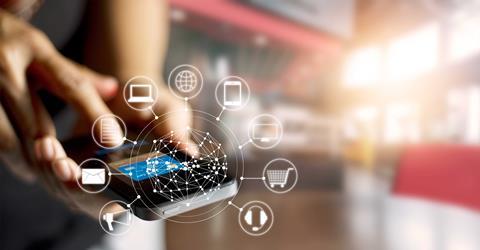
The evolution of the digital age is bringing huge opportunities.
Retailers realise it’s time to get ahead of the curve, but it’s important not to jump head-first into new technology.
A considered approach is necessary when assessing the available options.
Therefore it is worth considering some compelling examples of retailers using the latest innovations to transform processes and employee productivity – and reaping the benefits.
From mass personalisation to true individualisation
Let’s take a look at an all-too-familiar experience: your mobile buzzes with an email from your favourite brand.
Because you’ve interacted with this brand for years, you are hoping for a personalised recommendation for a cool new product or service that’s perfect for you.
However, after glancing at the email, you realise this offer wasn’t truly unique; it was simply addressed to you.
A few years ago, mass personalisation was a true differentiator, but today it has become table stakes.
“Imagine an ice-cream franchise enticing customers to visit their store by sending them a personalised mobile offer based on their location, ambient temperature and favourite flavour”
As consumers grow accustomed to recommendations being built from their interaction history, shared preferences and social data, retailers need to demonstrate they know more than just their names.
In fact, they know them well enough to recommend relevant products and services with an accuracy that makes them feel understood.
Through the application of intelligent algorithms, retailers can more easily tackle analysis of vast amounts of data, while tapping into external sources to deliver real value.
Imagine an ice-cream franchise enticing customers to visit their store by sending them a personalised mobile offer based on their location, ambient temperature and favourite flavour.
Or a clothing retailer automating email offers that send customers a curated list of items to try on at a local store, based on preferences, size and store inventory.
Much of this is possible today.
For example, JJ Food Service is combining its customers’ ordering history, stored in Microsoft Dynamics AX, with information about local event schedules. It then applies Microsoft Azure Machine Learning to build preference profiles.
As a result, their restaurateurs receive personalised recommendations specially suited to their menus.
Case study: JJ Food Service
Deliver better outcomes with IoT
Microsoft helps enterprises apply advanced technologies to business challenges once deemed too costly or complex to solve.
For example, Microsoft IoT capabilities enable retailers to ingest and combine all kinds of data – from proprietary, structured data like loyalty programmes, to unstructured data like reviews or social media, to in-store monitoring, to external factors like weather.
Then, applying machine-learning models and data visualisation, those results are then integrated into collaboration and work-process solutions.
Working with new technologies allows retailers to enhance customer engagement with personalisation and recommender systems, and build customer loyalty.
You can demonstrate a deep understanding of individual customers, improving how effective your offers are in generating increased profitability through greater conversion, larger purchases and more traffic.
“The mobile experience and loyalty programme create a one-to-one relationship. Having a customer’s data really helps us offer them the best possible service”
Kevin Smartt, chief executive, Kwik Chek
For many customers, a stop at the corner convenience store and petrol station is a quick, anonymous transaction, conducted out of necessity.
But one Texas-based convenience store chain is aiming to change all of that.
Building on IoT, Kwik Chek is pioneering new, connected, personalised experiences for its customers, upending expected standards for engagement and loyalty.
In the process, it is creating exceptional business value that has the potential to redefine the convenience industry.
“The mobile experience and loyalty programme create a one-to-one relationship between us and our customers,” says Kevin Smartt, chief executive of Kwik Chek.
“Having a customer’s data really helps us offer them the best possible service, customised to their preferences and needs.”
Tipping point in consumer demand
In summer 2016, Ernst & Young innovation guru David Nichols pointed to “a tipping point” in consumer expectations and how they interact with brands.
“Brands that adapt the soonest will have an advantage in building and strengthening relationships with consumers, particularly up-and-coming digital natives and millennials,” he argued.
Now is the time for retailers to test and learn what transformational technologies are out there to meet the demands of the new shopper today and in the future.
To see how Microsoft are involved with moving retail forward in today’s digital world, click here.
Microsoft’s vision for digital retail






















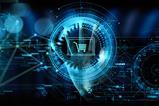

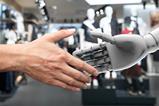

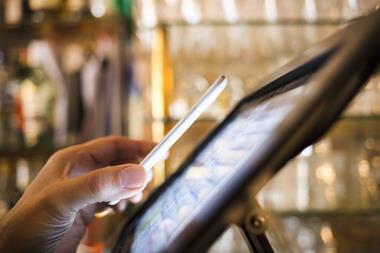

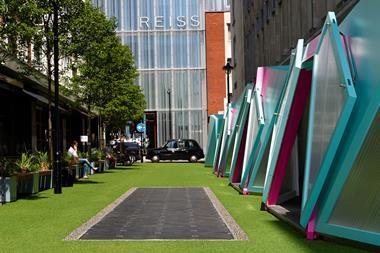
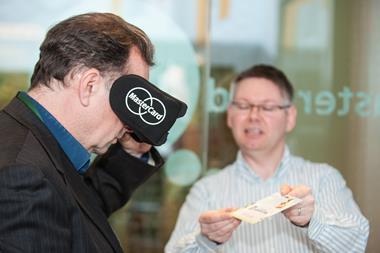
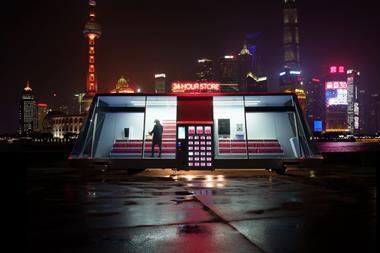
No comments yet